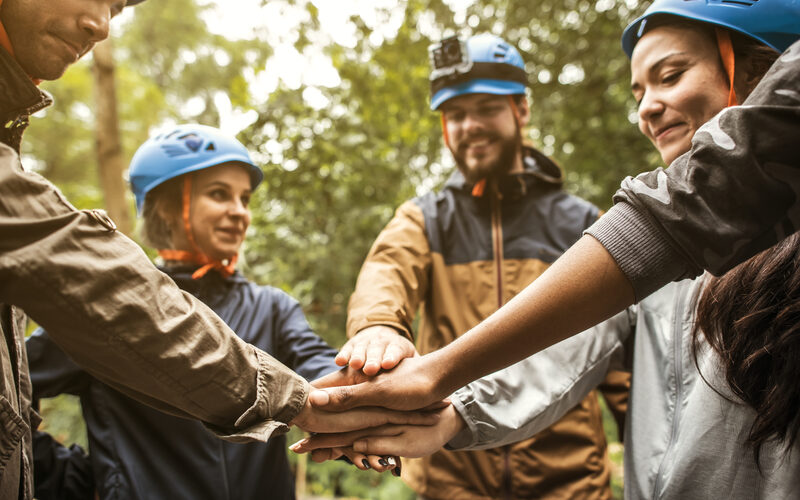Spending time outdoors offers numerous benefits, but it’s essential to prioritize safety. By dressing appropriately, bringing bug spray, and maintaining proper hydration and nutrition, you can ensure a safer and more enjoyable outdoor experience.
Dress Appropriately
Choosing the right clothing is crucial for outdoor safety. Dress in layers to adjust to changing weather conditions. Wear lightweight, moisture-wicking fabrics that provide sun protection and help regulate body temperature. Consider wearing hats, sunglasses, and sturdy footwear suitable for the terrain to prevent injuries. Proper clothing not only protects you from the elements but also reduces the risk of sunburn, insect bites, and other outdoor hazards. It is essential to dress appropriately for the location and activity you are participating in. Layering is an effective way to dress for outdoor activities. It allows you to add or remove layers as needed, providing insulation and protection from wind, rain, and snow. Start with a base layer made of moisture-wicking material such as merino wool or synthetic fabrics like polyester. This layer should fit close to your skin and help keep you dry by wicking sweat away from your body. Avoid cotton as a base layer, as it will hold onto moisture and can make you feel colder.
Bring Bug Spray
Insects can be a nuisance and carry potential health risks when spending time outdoors. Bring insect repellent containing DEET, picaridin, or other EPA-approved ingredients to ward off mosquitoes, ticks, and other biting insects. Mosquitoes can carry various diseases such as malaria and dengue fever. Apply bug spray according to the product instructions to effectively repel insects and minimize the risk of insect-borne illnesses. It’s also important to avoid wearing brightly colored clothing and standing water, as they can attract mosquitoes. Consider bringing other insect protection measures such as long-sleeved shirts and pants, mosquito nets for sleeping areas, and citronella candles. These can provide extra layers of defense against insects while enjoying outdoor activities.
Stay Hydrated and Fed
Maintaining adequate hydration and nutrition is vital during outdoor activities. Bring enough water to stay hydrated throughout your outdoor adventure, especially in warm or high-altitude environments where dehydration risks are higher. Pack nutritious snacks and meals to sustain energy levels. Consider foods rich in protein, carbohydrates, and healthy fats to provide sustained fuel for physical activities. Prioritize regular hydration and snacking breaks to prevent fatigue and ensure optimal performance. Being in touch with nature can be inspiring and invigorating, but it also poses potential risks such as exposure to extreme weather conditions. Be prepared for unexpected changes in temperature or precipitation by bringing appropriate clothing layers and rain gear. It is crucial to dress in moisture-wicking, breathable fabrics that will keep your body dry and comfortable. Avoid cotton or denim materials that can get heavy and damp when wet, causing discomfort and increasing the risk of hypothermia.
Prioritizing safety measures when spending time outdoors is essential for a positive and risk-free experience. By adhering to these safety practices, individuals can enjoy the outdoors while minimizing potential risks to their health and well-being.
Did You Enjoy Reading This Article? Here’s More to Read: How to Make Your Body More Flexible





